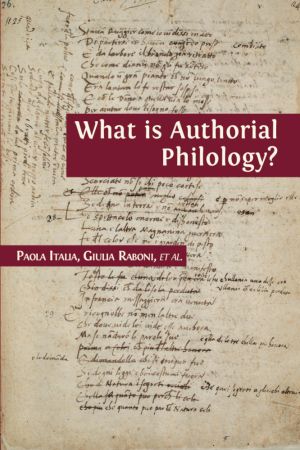
A stark departure from traditional philology, What is Authorial Philology? is the first comprehensive treatment of authorial philology as a discipline in its own right. It provides readers with an excellent introduction to the theory and practice of editing 'authorial texts' alongside an exploration of authorial philology in its cultural ...
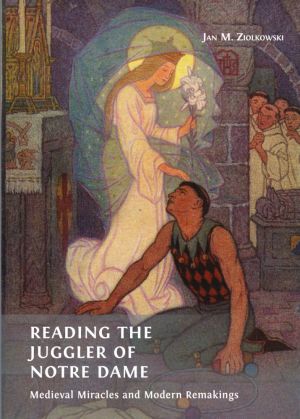
In this two-part anthology, Jan M. Ziolkowski builds on themes uncovered in his earlier The Juggler of Notre Dame and the Medievalizing of Modernity. Here he focuses particularly on the performing arts. Part one contextualises Our Lady's Tumbler, a French poem of the late 1230s, by comparing it with episodes in the Bible and miracles in a wide...
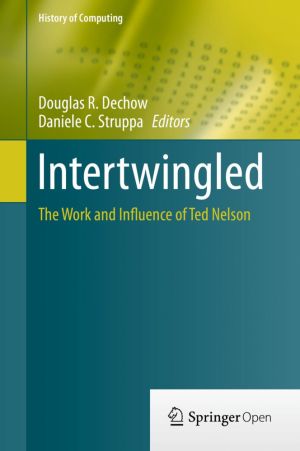
This engaging volume celebrates the life and work of Theodor Holm "Ted" Nelson, a pioneer and legendary figure from the history of early computing. Presenting contributions from world-renowned computer scientists and figures from the media industry, the book delves into hypertext, the docuverse, Xanadu, and other products of Ted Nelson�...
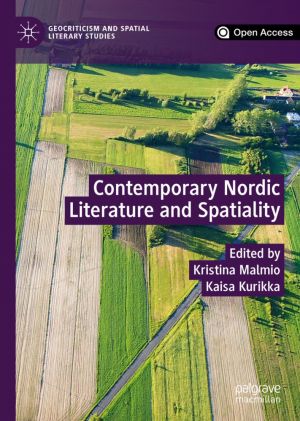
This open access collection offers a detailed mapping of recent Nordic literature and its different genres (fiction, poetry, and children's literature) through the perspective of spatiality. Concentrating on contemporary Nordic literature, the book presents a distinctive view on the spatial turn and widens the understanding of Nordic literatur...
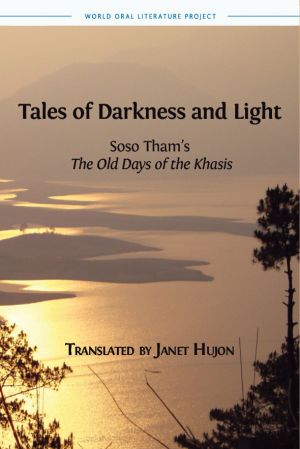
Soso Tham (1873-1940), the acknowledged poet laureate of the Khasis of northeastern India, was one of the first writers to give written poetic form to the rich oral tradition of his people.
Poet of landscape, myth and memory, Soso Tham paid rich and poignant tribute to his tribe in his masterpiece The Old Days of the Khasis. Janet Hujon's v...
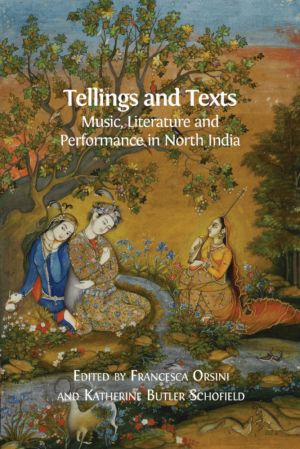
Examining materials from early modern and contemporary North India and Pakistan, Tellings and Texts brings together seventeen first-rate papers on the relations between written and oral texts, their performance, and the musical traditions these performances have entailed. The contributions from some of the best scholars in the field cover a wide ra...
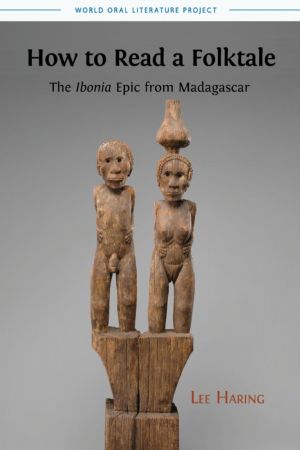
How to Read a Folktale offers the first English translation of Ibonia, a spellbinding tale of old Madagascar. Ibonia is a folktale on epic scale. Much of its plot sounds familiar: a powerful royal hero attempts to rescue his betrothed from an evil adversary and, after a series of tests and duels, he and his lover are joyfully united with a marriage...
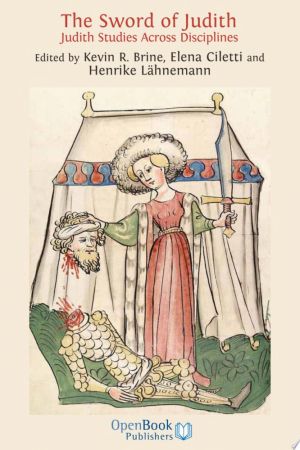
The Book of Judith tells the story of a fictitious Jewish woman beheading Holofernes, the general of a powerful army, to free her people. The story has fascinated artists and authors for centuries, and is becoming a major field of research in its own right.
The Sword of Judith is the first multidisciplinary collection of essays to discuss repres...
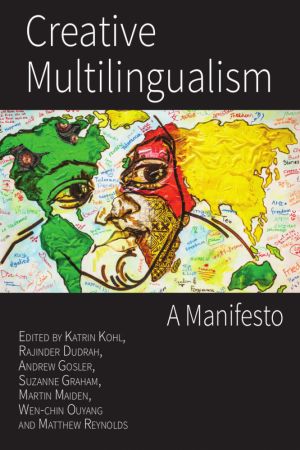
Multilingualism is integral to the human condition. Hinging on the concept of Creative Multilingualism - the idea that language diversity and creativity are mutually enriching - this timely and thought-provoking volume shows how the concept provides a matrix for experimentation with ideas, approaches and methods.
The book presents four years of ...
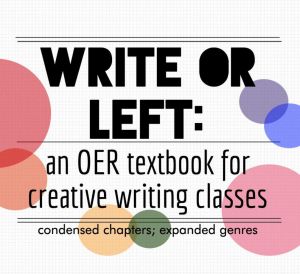
Most creative writing textbooks cover the three popular categories of literature: poetry, nonfiction, and fiction. This textbook is different in two ways, then, because not only does it attempt to cover more genres.
Creative writing is a massive and inexact field. Telling stories by ways of poetry, short stories, novels, and other media can be c...
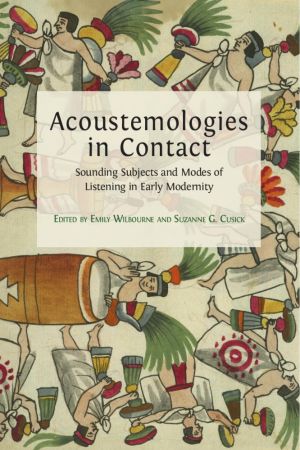
In this fascinating collection of essays, an international group of scholars explores the sonic consequences of transcultural contact in the early modern period. They examine how cultural configurations of sound impacted communication, comprehension, and the categorisation of people. Addressing questions of identity, difference, sound, and subjecti...
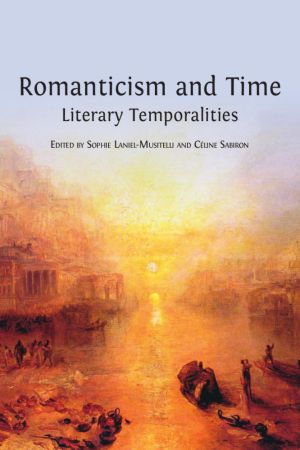
This original edited volume takes William Blake's aphorism as a basis to explore how British Romantic literature creates its own sense of time. It considers Romantic poetry as embedded in and reflecting on the march of time, regarding it not merely as a reaction to the course of events between the late-eighteenth and mid-nineteenth centuries, ...
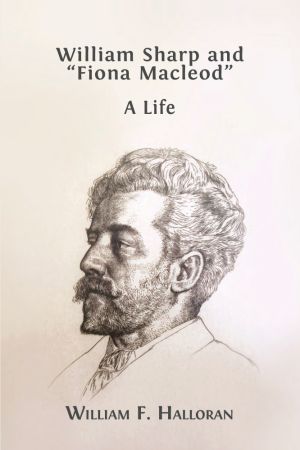
William Sharp (1855-1905) conducted one of the most audacious literary deceptions of his or any time. A Scottish poet, novelist, biographer, and editor, he began in 1893 to write critically and commercially successful books under the name Fiona Macleod who became far more than a pseudonym. Enlisting his sister to provide the Macleod handwriting, he...
